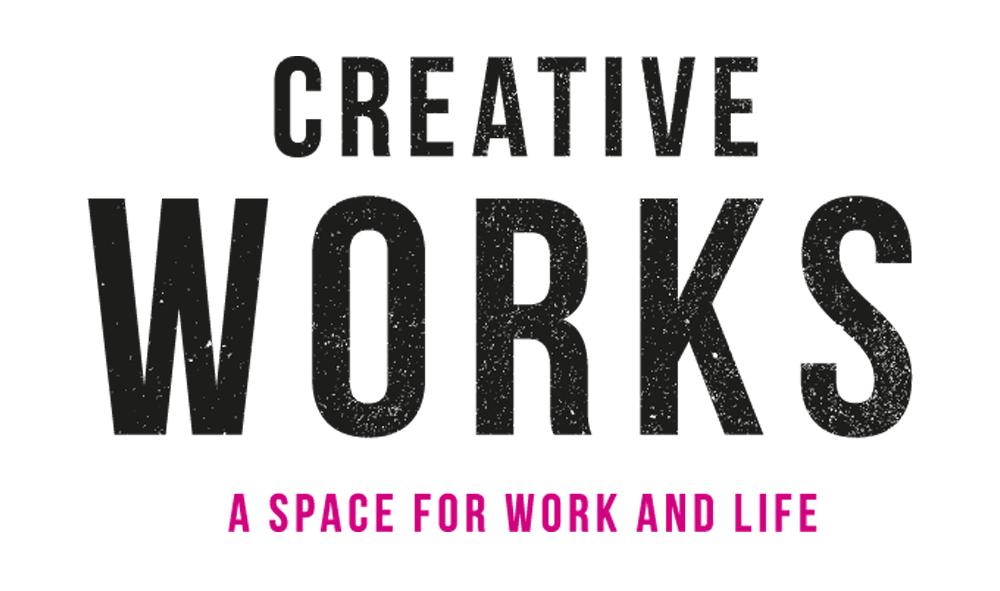
The UK’s creative sector continues to offer exceptional growth potential, with government investment set to rise from £17 billion to £31 billion by 2035. Yet despite this promise, the systems for developing and onboarding new talent to close the sector’s widening skills gap have struggled to keep pace.
In the 2022/23 academic year, there were 337,140 apprenticeship starts across England, yet less than 1% were in creative sector roles, highlighting the persistent underrepresentation of creative apprenticeships.
A new report from the Creative Industries Policy and Evidence Centre (Creative PEC) highlights the scale of the problem: only 5% of creative employers currently offer apprenticeships (less than half the UK average) and 63% say they are unlikely to provide apprenticeships in the future. Barriers such as time, cost, and the challenge of adapting programmes to specific industry needs continue to hold firms back, even though many recognise the benefits (from gaining skilled workers to building more robust talent pipelines).
The report urges closer partnerships between creative employers and training providers to align skills programmes with real-world demands and create more meaningful career pathways for aspiring creatives. One model leading the way is here at Creative Works, through our partnership with Big Creative Education (BCE). Our approach combines coworking, hands-on work placements, and mentoring to make apprenticeships a more viable and impactful experience for both learners and employers.
The Creative Apprenticeship Landscape in the UK
Apprenticeships in the UK’s creative industries remain a small but critical part of the skills ecosystem. This persistent underrepresentation highlights the structural challenges facing creative apprenticeships and the need for targeted interventions to support the sector’s talent pipeline.
Apprenticeship frameworks in the creative industries often struggle with fit, resourcing, and employer engagement. Available training pathways are described as very limited, particularly in non-ICT creative disciplines, leaving many aspiring creative professionals with few formal routes into the sector.
Data from the Creative Industries Policy and Evidence Centre (2025) offers a snapshot of employer engagement:
- Apprenticeship provision: Only 5% of creative employers currently employ apprentices, with an additional 3% having offered apprenticeships in the past, well below the UK average of 11%.
- Future engagement outlook: 63% of creative employers are unlikely to offer apprenticeships in the future, compared with 57% across the wider economy.
- Awareness vs. knowledge: While 99% of creative employers have heard of apprenticeships, only 46% report having a clear understanding of what they involve.
- Barriers to participation: Key obstacles include time constraints, cost, and difficulties tailoring programmes to sector-specific needs.
- Benefits of engagement: Employers who have embraced apprenticeships report access to skilled workers and stronger talent pipelines.
Additional insights from academic research* reinforce the scale of the issue:
- Government reform: In February 2025, the minimum apprenticeship duration was reduced from 12 months to 8 months to accommodate industries with shorter project cycles, such as film and screen production.
- Higher-level opportunities: Very few degree-level apprenticeships exist, leaving a gap in pathways for advanced creative roles.
As the creative sector expands, the risk of skills shortages grows. A 2024 Skills for the Future report highlights that about 33% of vacancies in the cultural and creative industries are attributable to skills shortages. Around 65% of hard-to-fill creative industry vacancies are attributed to skills gaps, compared with 41% across all sectors. Furthermore, 41% of higher-level roles and 31% of associate roles in creative industries are reportedly exposed to shortage pressures.
These figures highlight a striking gap: demand for creative skills is strong, yet engagement in apprenticeship programs remains limited. The underutilisation of apprenticeships in the creative industries underscores the urgent need for strategic initiatives and employer partnerships to develop talent and address the sector’s growing skills gap.

BCE & Creative Works: A Model That Bridges Learning and Industry
BCE has invested over £30 million in high-spec facilities across media, film, animation, and coworking infrastructure. Today, the hub hosts over 100 creative innovators, freelancers, SMEs, and agencies, creating a vibrant community where networking, collaboration, and mentorship happen naturally alongside formal learning.
Through BCE, employers can contribute to mentoring programmes, deliver live briefs, and help shape the curriculum, ensuring apprentices gain skills that are immediately relevant. Apprentices benefit from free desk space in Creative Works, while BCE manages onboarding, contracts, and ongoing guidance. This support helps learners complete their placements successfully and transition effectively into employment. Employer feedback reinforces the model’s impact, with all surveyed employers reporting that apprentices are well-prepared and suitable for their roles.
With 80% of apprentices completing their placements and 76% successfully transitioning into employment, the combination of structured training and a collaborative coworking environment positions BCE-Creative Works as a strategic partnership helping to address the creative skills gap and transforming the way talent enters and thrives in the sector.
* Data sourced from a Birmingham City University (BCU) and University for the Arts London (UAL) report, Apprenticeships in the Creative Sector, July 2024.




